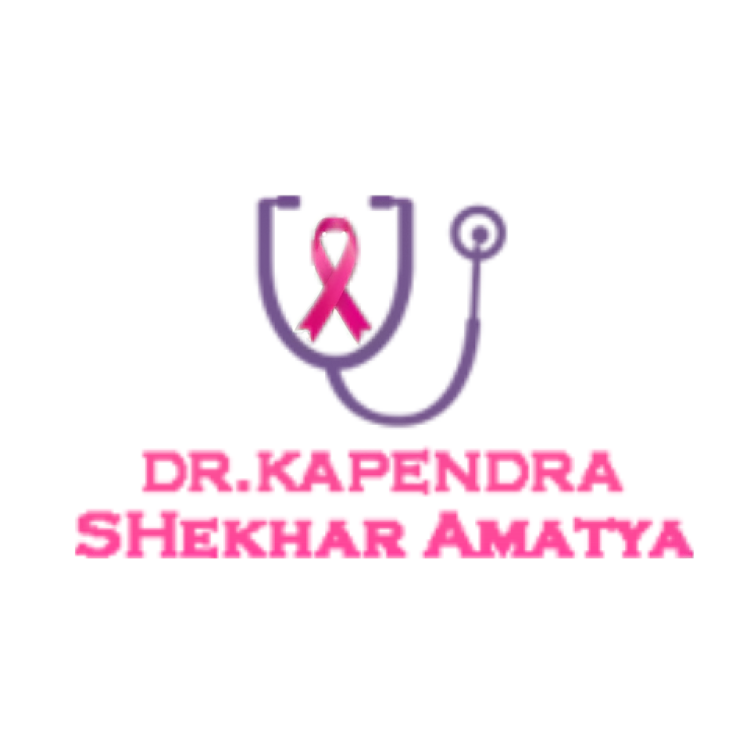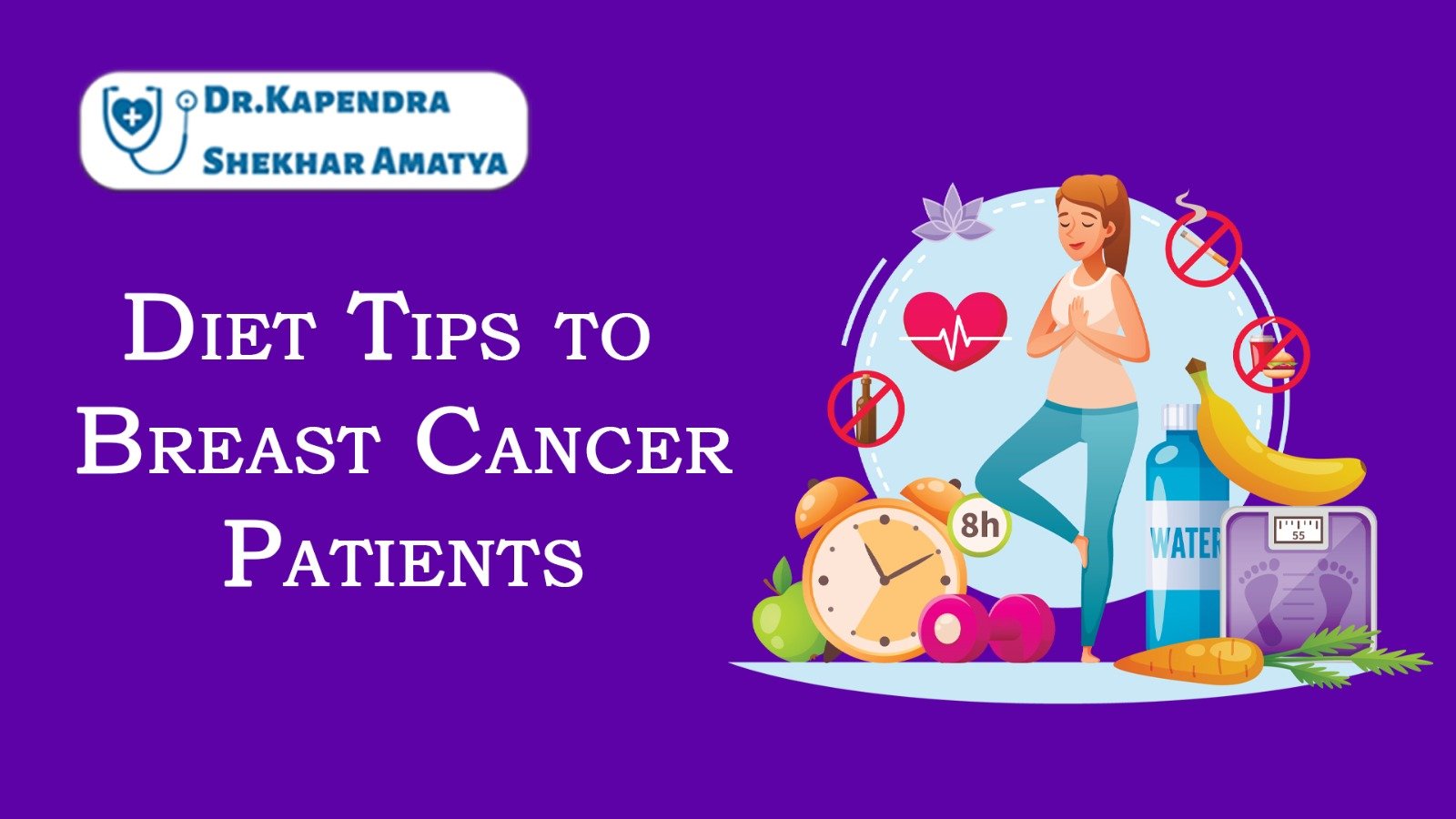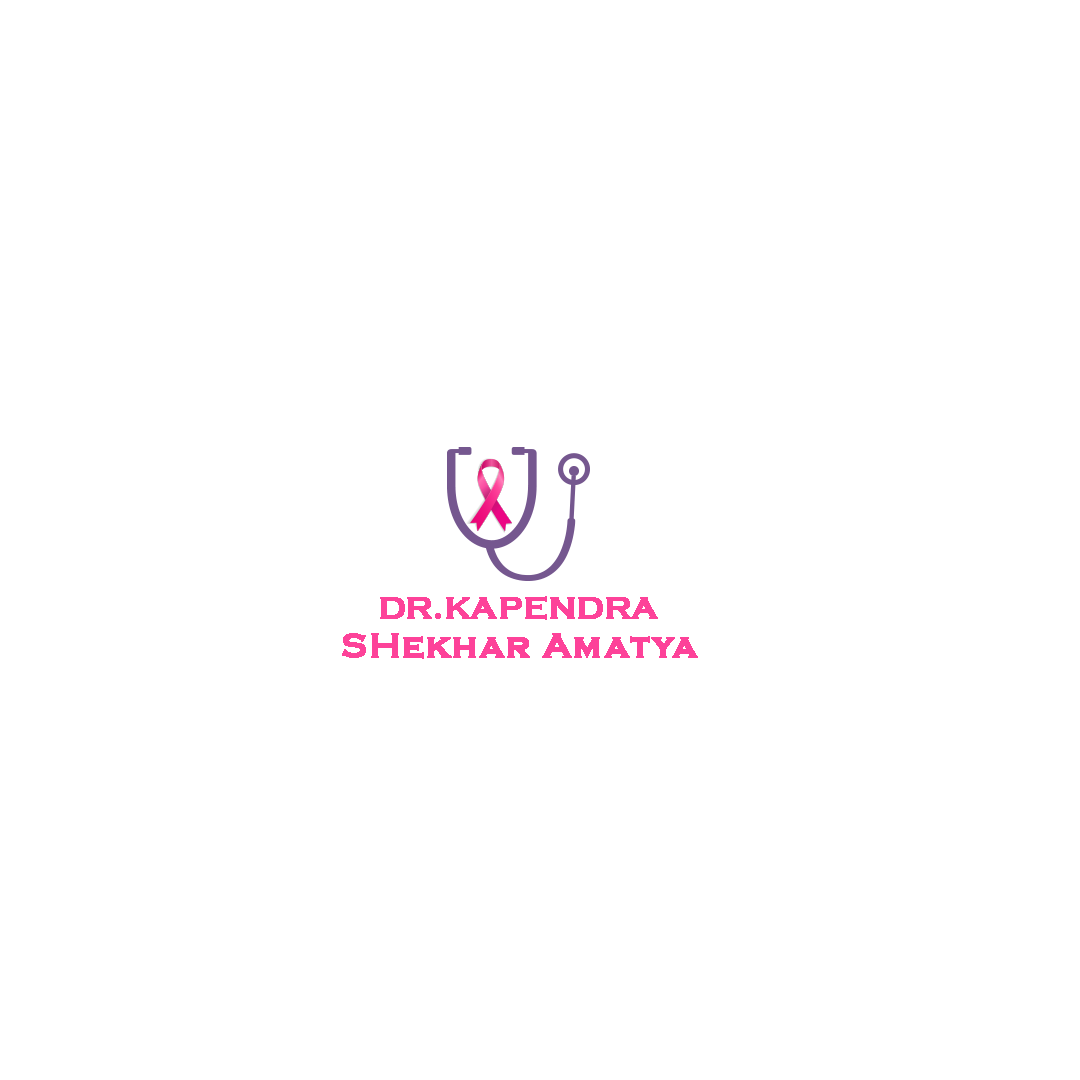Table of Contents
ToggleIf you want to avoid risk of Breast cancer, then you should have Breast cancer diet plan.
You may benefit from a healthy diet in the following ways:
• Stay healthy by maintaining a healthy weight
• Maintain healthy body tissue
• Treatment side effects and cancer symptoms can be lessened
• Maintain a healthy immune system • Reduce fatigue and maintain strength
• Boost your health and well-being.
Diet Tips for Breast Cancer Patients:
There can be a lot of difficulty coping with the treatments and the physical changes that come with them. The prevalence of depression and anxiety among breast cancer patients is estimated to be 50 percent. In addition to negatively affecting your physical and mental health, breast cancer may also negatively impact your appetite. It is important to eat well as you continue to battle the disease, even if it can be difficult.
Increase your soya intake.
The phytoestrogens present in soybean products, including tofu, soya milk, and edamame, are similar to estrogen in the body. Women with breast cancer, which uses estrogen as fuel, used to fear they meant trouble for them. Recent studies have found that soy is not associated with higher cancer risk, it may even reduce the chances of a recurrence of the disease.
Skip sugar in your diet:
You won’t directly cause cancer cells to grow faster by taking a spoonful with your coffee. However, you should still be careful about how much you consume. Obesity and other conditions that increase cancer risk can be caused by consuming a lot of sugar regularly.
Consume more vegetables:
You may reduce your chances of developing breast cancer if you eat more plant-based foods. Especially in the case of aggressive cancers, this strategy may prove beneficial. As part of a healthy diet, fruits, and vegetables can also help you manage your weight, which is critical to keeping breast cancer at bay.
Take benefits from whole grains:
Your chances of getting breast cancer may be reduced if you consume unprocessed grains such as wheat, rye, oats, corn, bulgur, rice, and barley. The phytochemicals in these foods may also reduce the chances of it returning. Because some treatments can damage the heart, survivors have higher odds of surviving cardiovascular disease.
Lower your alcohol intake:
It is unclear if alcohol causes breast cancer. Alcohol, beer, and wine all increase estrogen levels in the body, which can lead to tumors sensitive to estrogen. Some research indicates that those who drink more than one or two drinks a week may experience cancer recurrence, while other research suggests moderate drinking may be beneficial. A small amount of alcohol may not have much effect either way, so an occasional glass is not a problem.
Focus more on fiber:
You can naturally get this by eating plenty of whole grains, fruits, vegetables, and legumes. Blood sugar levels, heart health, and digestive health are all improved by it. Breast cancer risk can be reduced by eating a diet of this type, according to some studies. A type of aggressive tumor may be protected against by it.
Vitamin D is a must:
This nutrient has been linked to lower the risk of breast cancer in studies. In addition, the deficiency of Vitamin D may contribute to the growth of tumors in breast cancer patients. Fish such as salmon, oysters, herring, mackerel, and sardines are rich in them. Alternatively, look for yogurt, milk, and orange juice containing it.
Carotenoids should not be missed:
Another phytochemical found in plant-based foods is associated with reduced breast cancer risk. Vegetables and fruits that are orange, yellow, and dark green provide you with them. There are several healthy foods you can eat, including carrots, pumpkins, winter squashes, spinach, kale, sweet potatoes, and cantaloupes. Nutrients are best acquired through food. Supplements containing carotenoids may be harmful.
Avoid using supplements:
If you are dealing with breast cancer or other health issues, you may be interested in natural remedies. Those with breast cancer should avoid plants that contain certain plant compounds. The most commonly used herbs include red clover, black cohosh, chaste berry, dong quai, evening primrose, and licorice. If you have breast cancer, you should not take supplements unless your doctor approves.
Diet to Consume to Lower the Risk of Breast Cancer?
It is important to keep in mind that breast cancer can be caused by a variety of factors. Diet plays a significant role in improving your health and reducing your risk of cancer, but it is only one part of the solution. Mammograms and manual breast cancer checks are still necessary even with a healthy diet. Survival rates are significantly increased by early detection and diagnosis.
Veggies with leaves:
Beta carotene, lutein, and zeaxanthin are carotenoid antioxidants found in leafy green vegetables, and higher blood levels of these antioxidants are associated with reduced risks of breast cancer. According to research, eating green leafy vegetables that are high in folate, a B vitamin, may prevent breast cancer.
Citrus fruits:
In addition to folate and vitamin C present in citrus fruits, there are carotenoids such as beta-cryptoxanthin and beta carotene, along with flavonoids such as quercetin and hesperetin that may protect against breast cancer. Antioxidants, anticancer, and anti-inflammatory properties are provided by these nutrients.
Fatty fish:
There are impressive health benefits associated with fatty fish, which include salmon, sardines, and mackerel. Because omega-3 fats are present in these foods, selenium is present, and antioxidants like canthaxanthin are present, they may provide cancer prevention benefits.
A fermented food:
It has been shown that fermented foods, such as yogurt, kimchi, miso, and sauerkraut, may reduce the risk of breast cancer. The immune-enhancing effects of certain probiotics may contribute to this protective effect in animals.
Berries:
Regularly eating berries can reduce the risk of certain cancers, like breast cancer. Berry antioxidants, including flavonoids and anthocyanins, protect cells from damage, as well as prevent cancer from developing and spreading.
Allium vegetables:
Allium vegetables, such as garlic, onions, and leeks, contain a wide range of nutrients, including sulfur compounds and flavonoids, which are antioxidants. Cancer-fighting properties may be found in these substances.
Peaches, apples, and pears:
It is recommended to eat fruits such as peaches, apples, and pears to prevent breast cancer. According to a test-tube study, peaches contain polyphenol antioxidants that block breast cancer cell growth and spread.
Beans:
There are many vitamins, minerals, and fiber in beans. The high fiber content of these foods may act as a breast cancer-preventative measure.
Cruciferous vegetables:
It may be beneficial to lower your breast cancer risk by eating cruciferous vegetables, such as cauliflower, cabbage, and broccoli. Your body is capable of converting glucosinolate compounds into molecules called isothiocyanates after eating cruciferous vegetables. Anticancer properties are present in these substances.
Herbs and spices:
Several herbs and spices contain plant compounds that may help prevent breast cancer, including parsley, rosemary, oregano, thyme, turmeric, curry, and ginger. Antioxidants such as vitamins, fatty acids, and polyphenols are among them. You should include many other herbs and spices in your diet as well since they also have powerful anticancer effects.
Diet to Avoid the Risk of Breast Cancer:
Breast cancer may be prevented by certain foods, but it may also be increased by others. Hence, reducing your intake or avoiding these foods and beverages is recommended.
Alcohol:
You are significantly more likely to develop breast cancer if you drink alcohol regularly, especially if you drink heavy amounts.
Fast food:
It is well known that eating fast food regularly increases your risk of breast cancer, heart disease, diabetes, and obesity.
Fried foods:
The risk of breast cancer is significantly increased when you eat fried foods regularly, more than often.
Processed meats:
You may be more likely to develop breast cancer if you consume processed meats such as bacon and sausage.
Added sugar:
Adding sugar to your diet can increase inflammation and enzyme expression associated with cancer growth and spread, increasing your risk of breast cancer.
Refined carbs:
It has been suggested that refined carbohydrate diets are associated with an increased breast cancer risk. Eat whole grain products and nutrient-dense vegetables instead of refined carbs like white bread.
What is a Breast Cancer Surgery – Dr. Kapendra Shekhar Amatya

MS (NMC Regd.2902)
Head of the Department, Sr.Consultant Surgical Oncologist at Nepal Cancer Hospital and Research Center
Director: Breast Cancer Program
Interest: Breast Cancer Surgery, Gastro Intestinal Cancer Surgery (Stomach and Colo-Rectal Cancer)



2 thoughts on “Best Breast Cancer Diet-Tips and Tricks?”